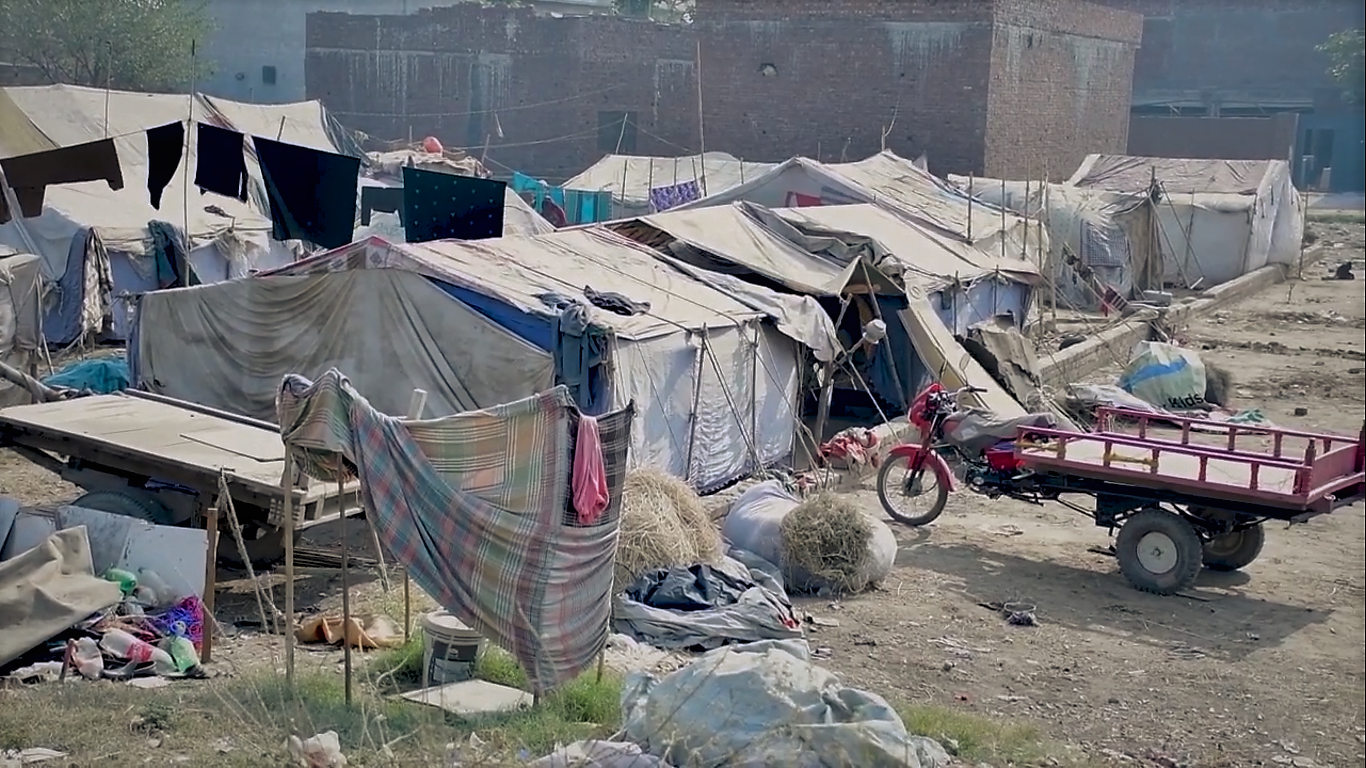Homelessness & Coronavirus In Pakistan
A neglected crisis
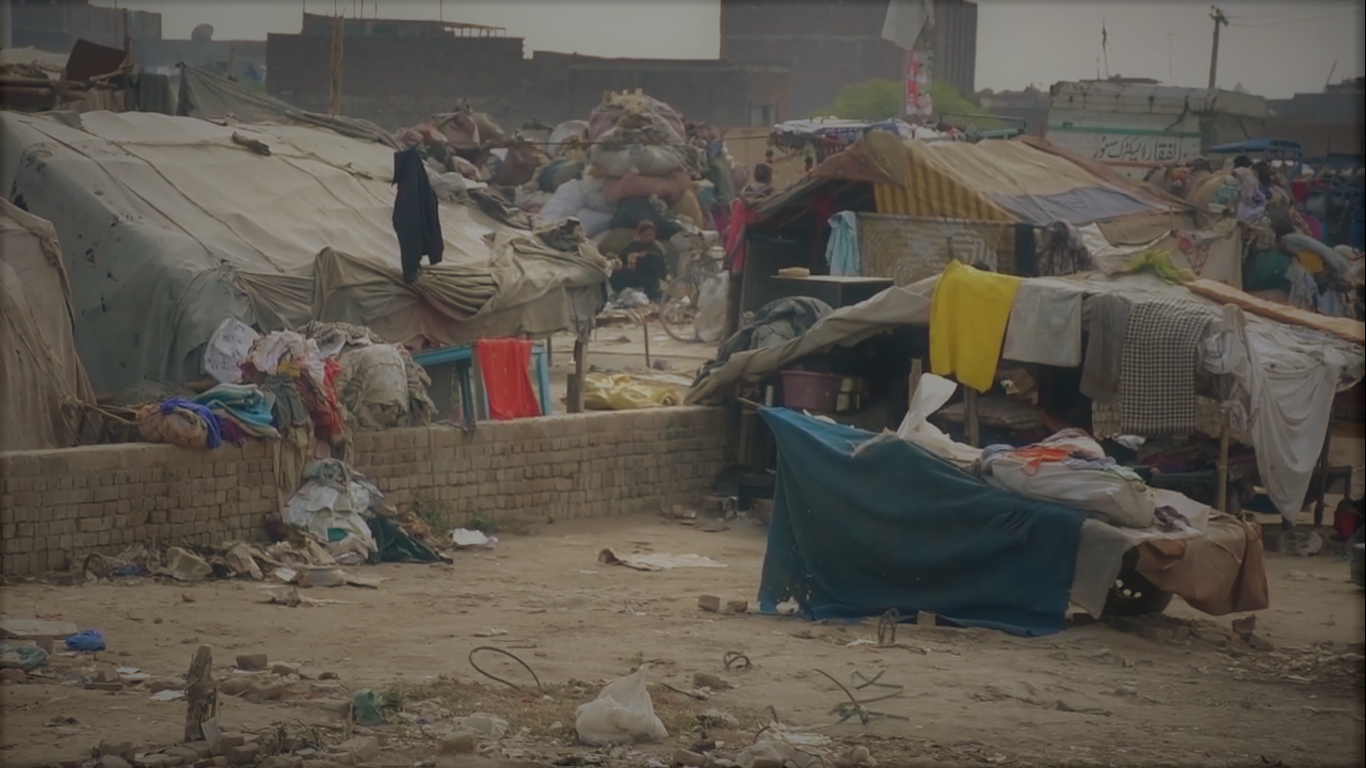
Pakistan is one of the most populated countries in the world with 220 million citizens.
20 million of those lack adequate housing, with the majority living in slums. The constant struggle to find food and a hygienic place to lay their heads is a never-ending battle.
Poverty and starvation are rampant in Pakistan, among the many ongoing issues.
Now with the Coronavirus pandemic, things have taken a turn for the worse. Pakistan now has 72,000 confirmed coronavirus cases, with 1,500 deaths and 26,000 recoverees.
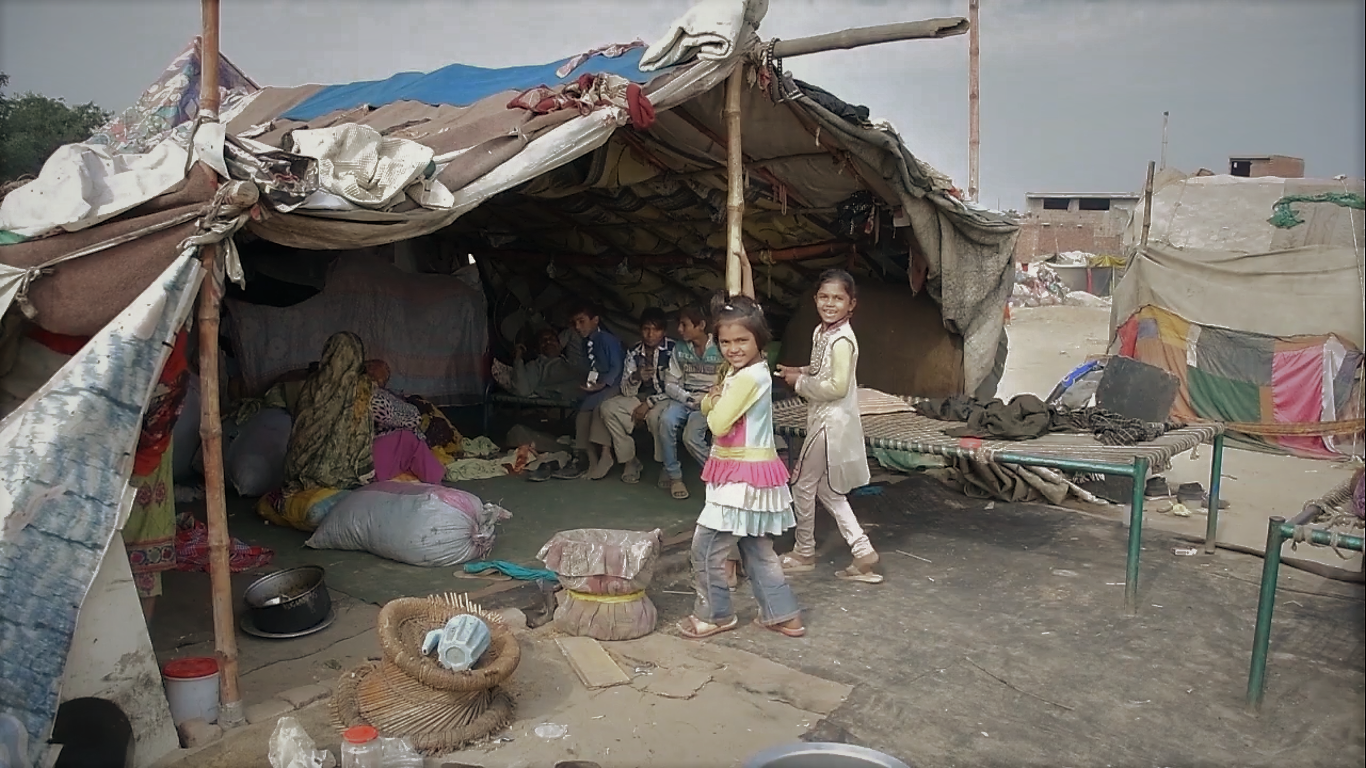
With people being told to stay indoors and strict lockdowns in place, the homeless look to their government officials for safe havens.
In a developing country such as Pakistan, public donations are not enough to provide housing spaces for the homeless - rather, a more intensive support system by the government is needed when it comes to those struggling daily.
Among the lack of basic necessities such as clean drinking water and nutritious food, the homeless also struggle with internal conflict in specific regions and natural disasters such as earthquakes. Resulting in the displacement of those individuals and separation from family.
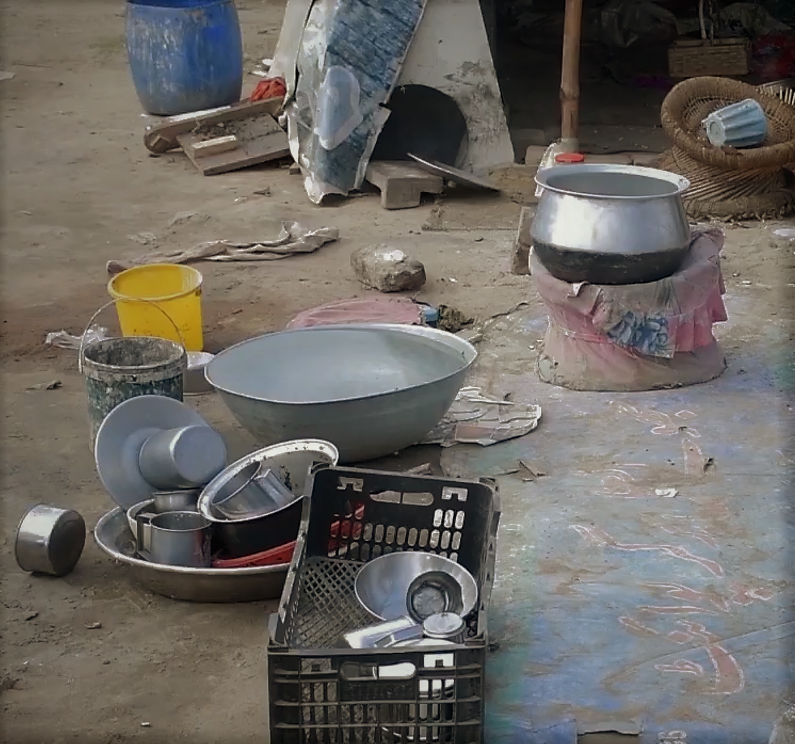
Karachi, being the most populated city in Pakistan also has the largest population of homeless individuals. Shelter homes and housing spaces are solely non-for-profit organizations and do not carry any type of government contribution.
One homeless shelter in Karachi, Anmol Zindagi, has been taking in people of all ages who have no other place to retire to.
Owner and administrator of Anmol Zindagi, Sultan Hussain said that “there is nothing that the government is doing that is close to being enough to assist these people.
To habilitate them back into - as active members of the society who are assisting the society as well as making a good living for themselves”.
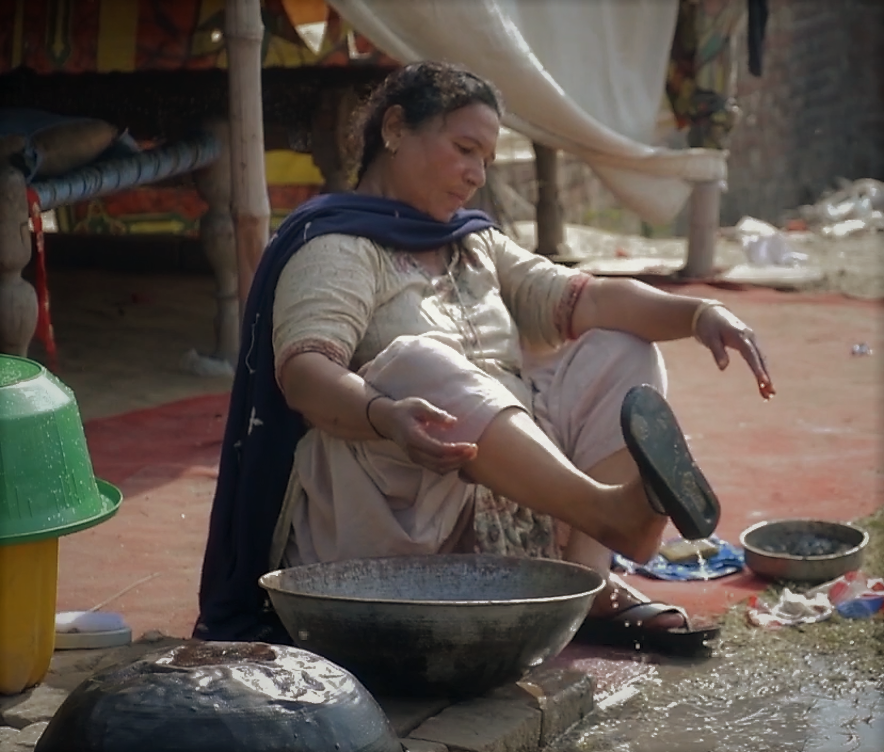
While the millions lock themselves inside their homes, the unfortunate homeless people of Pakistan are stranded on the streets, fearing for their lives against much greater parasites than COVID-19.
Hussain also added that “There is a very good likelihood that people of a certain age group are more susceptible than others… that is where the government needs to focus rather than having a haphazard, and very, cumbersome effort put in place. I think their heart’s in the right place but I don’t believe enough is being done.”
More than 40% of Karachi’s population is huddled in slums. A number that is known to grow continuously.
While Pakistan remains the fastest urbanizing country in South Asia; it also has the greatest increase in homelessness in the region.
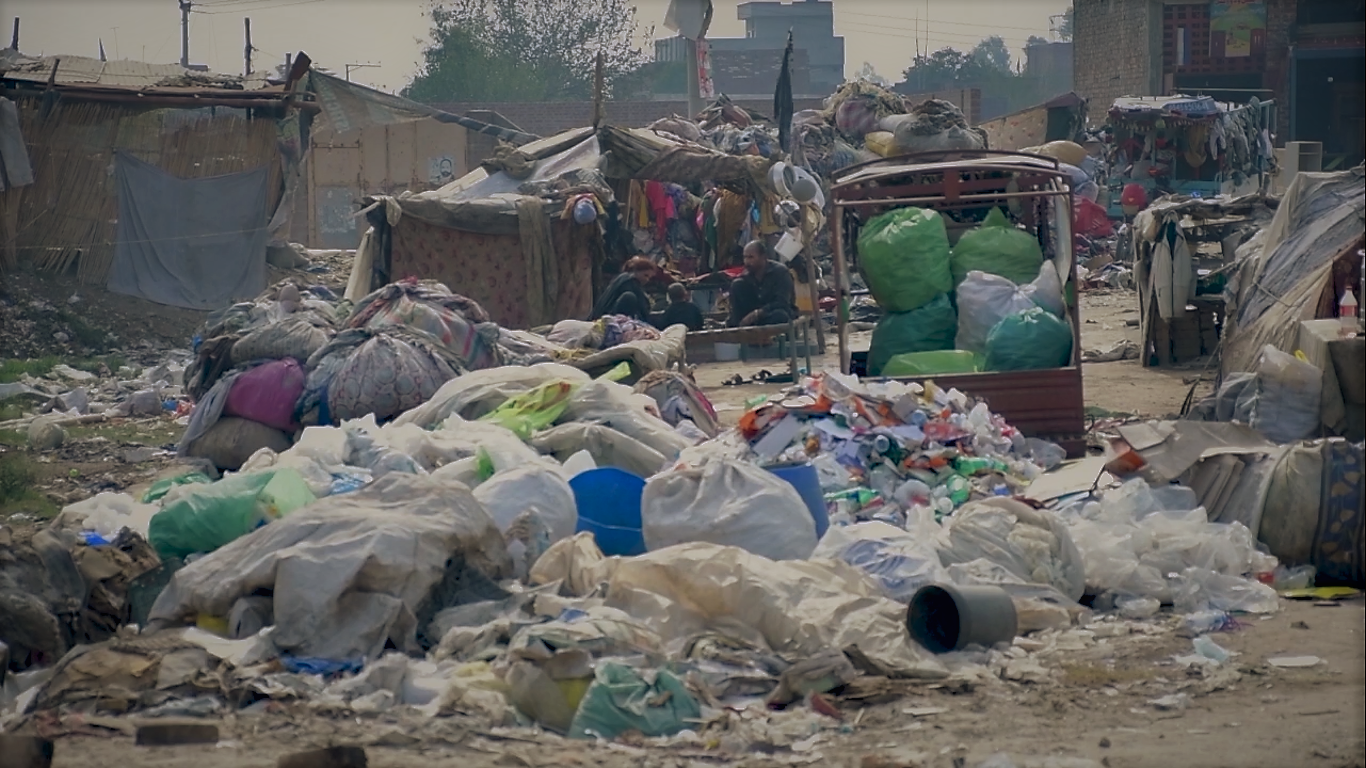
With the newest threat of COVID-19, the homeless are now taking to mosques, bridges and abandoned buildings for shelter on order from the government to arrest anyone seen outside after dark.
Edhi Foundation, Pakistan’s most noted social welfare organization, has recently been seeing an unusual number of deaths amongst the homeless. Now with Karachi’s COVID curve going upwards, Imran khan, Pakistan’s Prime Minister has implemented a stricter lockdown. Removing people from mosques and clearing places of worships in order to minimise the spread of the virus.
While this is a step in the right direction for the general public, still no initiative has been taken to secure the many homeless stranded on the streets who have nowhere to isolate themselves to.
Construction of shelters and beds for the homeless were promised by the country’s Prime Minister when the first case of COVID-19 hit in mid-March. No concrete initiative was taken following this claim.
Pakistan has also closed facilities such as public bathrooms and barbeques to combat the virus. Before the spread of Coronavirus in Pakistan, the homeless made little living by picking up after the public, scraps of food and community cleaning. The public’s donation helped feed their families. Now with barely any people on the streets, the homeless are now concerned for their children as well as themselves.
One Karachi woman who has been homeless all her life said “if the higher ones paid any attention to us, maybe we would be somewhere else. The rich ones can afford everything. To stay safe. What about us? Where am I supposed to find the money to protect my kids?”
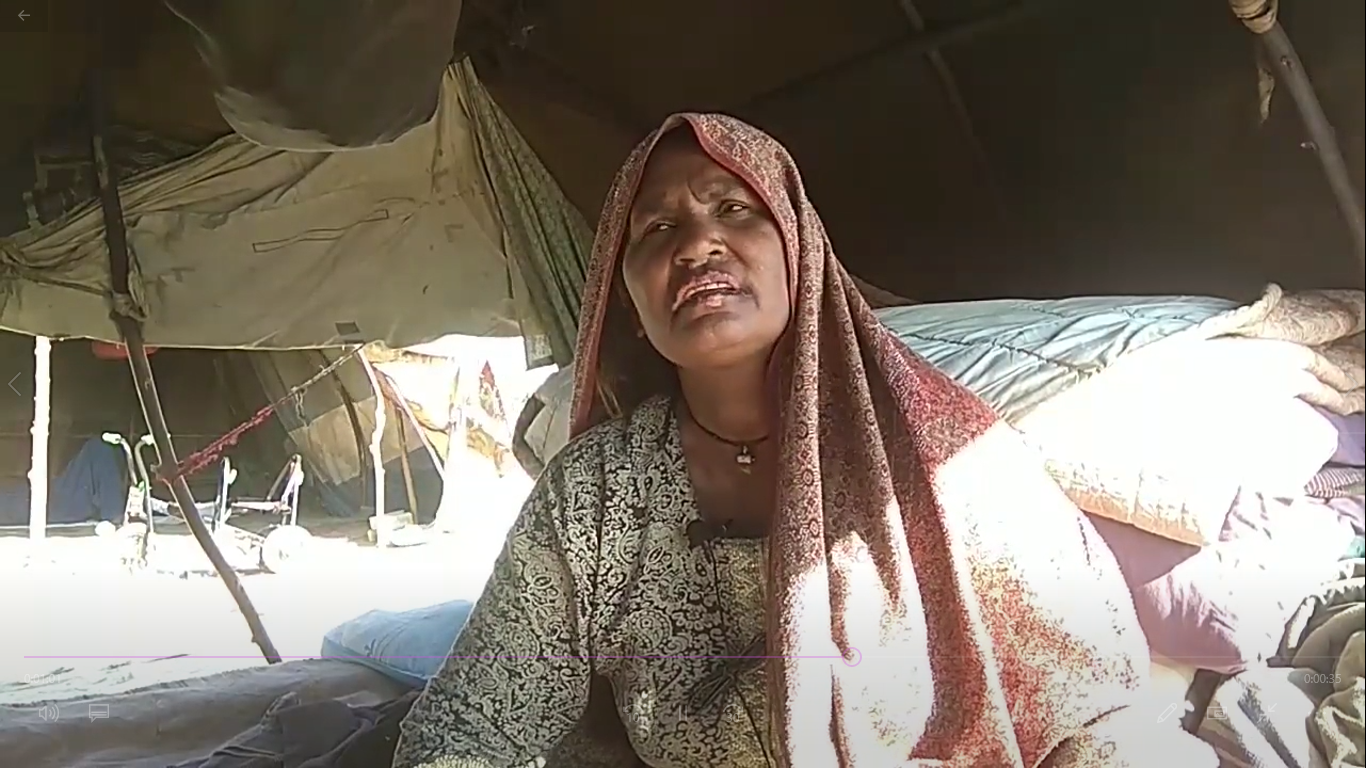
With the lack of safe isolation spaces, the homeless are left to resort to transit camps where conditions are far from perfect. Overcrowding, lack of sewerage and sanitization, or even access to medical aid is limited. The mortality rate of such camps is higher than in other places where homeless people reside.
Sleeping rough is even more dangerous now with the looming threat of COVID-19. It only highlights the desperate need for safe housing spaces and better government policies regarding the growing number of homelessness in Pakistan.
